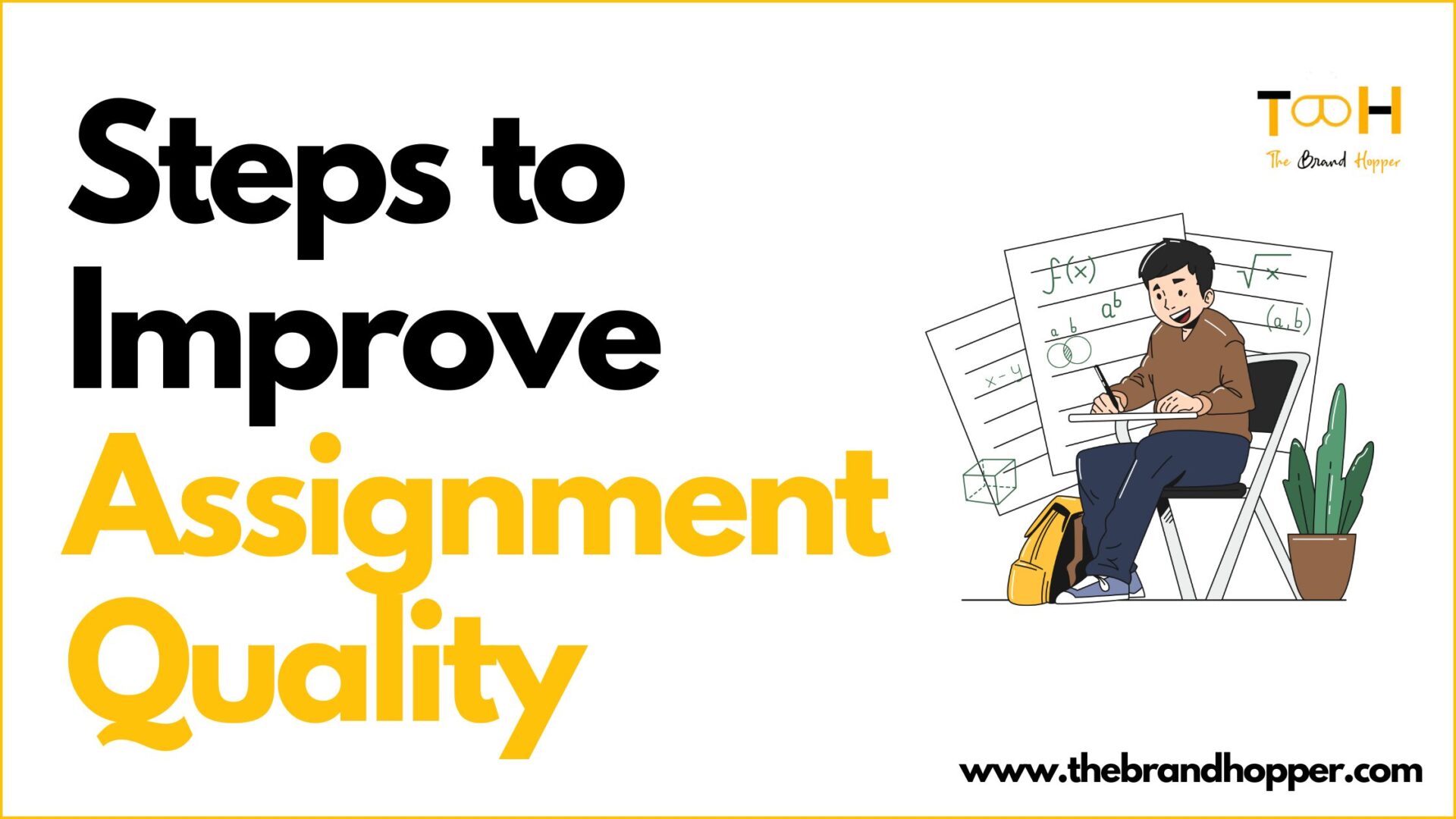Having the ability to produce assignments of a high level is an essential skill for students. What you write not only shows that you know about the subject, but also that you can quickly study, think critically, and clearly state your thoughts. It comes from a lot of research that was put together with care for the job. There are some good tips in this post that will help you get better at studying, which will help you get better grades on your schoolwork.

Focus on Defining the Purpose
Before diving into the research, take a moment to analyze the assignment’s requirements. Assignments often include specific instructions that outline what is expected. Ignoring these can lead to unnecessary work or missing key points.
Clarify the assignment objectives by asking questions like: What is the topic’s scope? Are there specific questions to answer or problems to solve? Understanding these details helps you narrow your research, saving time and effort. It might be helpful to jot down key points or create a roadmap to keep track of your focus areas.
Organize Research for Better Flow
Even the most comprehensive research loses its impact if it’s not well-organized. Structuring your material ensures clarity, both for yourself and your readers. Group your research into themes or categories that align with the assignment’s goals.
Creating an outline before you begin writing is a helpful strategy. It acts as a roadmap, showing you where each piece of information fits. This approach minimizes confusion and keeps your argument focused.
A case study can also be an effective way to showcase research findings. For example, discussing a practical scenario adds a layer of authenticity to your work. Incorporating real-world examples effectively, Papersowl author Bonnie Adair highlights how thoughtful case studies engage readers and demonstrate a deeper understanding of the topic. Use these insights to bridge theory with practice, making your assignment stand out.
Utilize Credible Sources
To do well in school, you need to be able to trust what you find, so stick to reliable sources like libraries, peer-reviewed papers, and official websites. Not every source is good, and where you look will have a big impact on how well your study turns out.
Original information can be found in primary sources, such as study papers and government records. Second-hand sources, on the other hand, break this down and describe it. It can help your work if you know when to use each type of source. There are two types of sources: primary and secondary. Primary sources give you correct information about past events, and secondary sources give you background.
Here’s a quick table to guide you:
| Source Type | Best For | Examples |
| Primary Sources | Original insights or raw data | Interviews, official records |
| Secondary Sources | Context or interpretation | Academic reviews, summaries |
Master Efficient Note-Taking Methods
Every effective researcher knows that scattered notes lead to scattered thoughts. Instead of copying large chunks of text, focus on summarizing ideas. This ensures you understand the material and makes it easier to integrate later.
You can organize information with mind mapping, which breaks it down into manageable pieces and shows how ideas are connected. If you like digital tools, Evernote or OneNote can help you keep everything organized and easy to find.
Keeping track of references as you take notes is equally important. Misplacing a source or forgetting to cite it properly can lead to unnecessary stress later. Use citation tools to stay ahead of the game.
Analyze and Cross-Verify Information
A usual mistake is to rely on just one source. Instead, cross-checking your study makes sure it is correct and gets rid of any flaws. Check the times that data were published and make sure they are correct. Also, stay away from old information that might not be relevant to what’s happening now.
Think critically about the material you come across. Does it present multiple viewpoints or lean heavily in one direction? Balancing perspectives adds depth and credibility to your assignment. By comparing data from different sources, you build a well-rounded argument.
Conclusion
You don’t need special powers to make your projects better; all you need to do is learn better study methods. Write down your goals, check the reliability of your sources, and organize the information. Everything you do will help you get better results. Use trustworthy sources, take detailed notes, and think about the data you’ve gathered to build a strong base. It is also clear what happens when you mix well-organized study with writing that has been thought out carefully.
With these strategies in hand, tackling assignments becomes less daunting and more rewarding. The effort you invest today in refining your research methods will pay off throughout your academic journey—and beyond.
To read more content like this, explore The Brand Hopper
Subscribe to our newsletter




